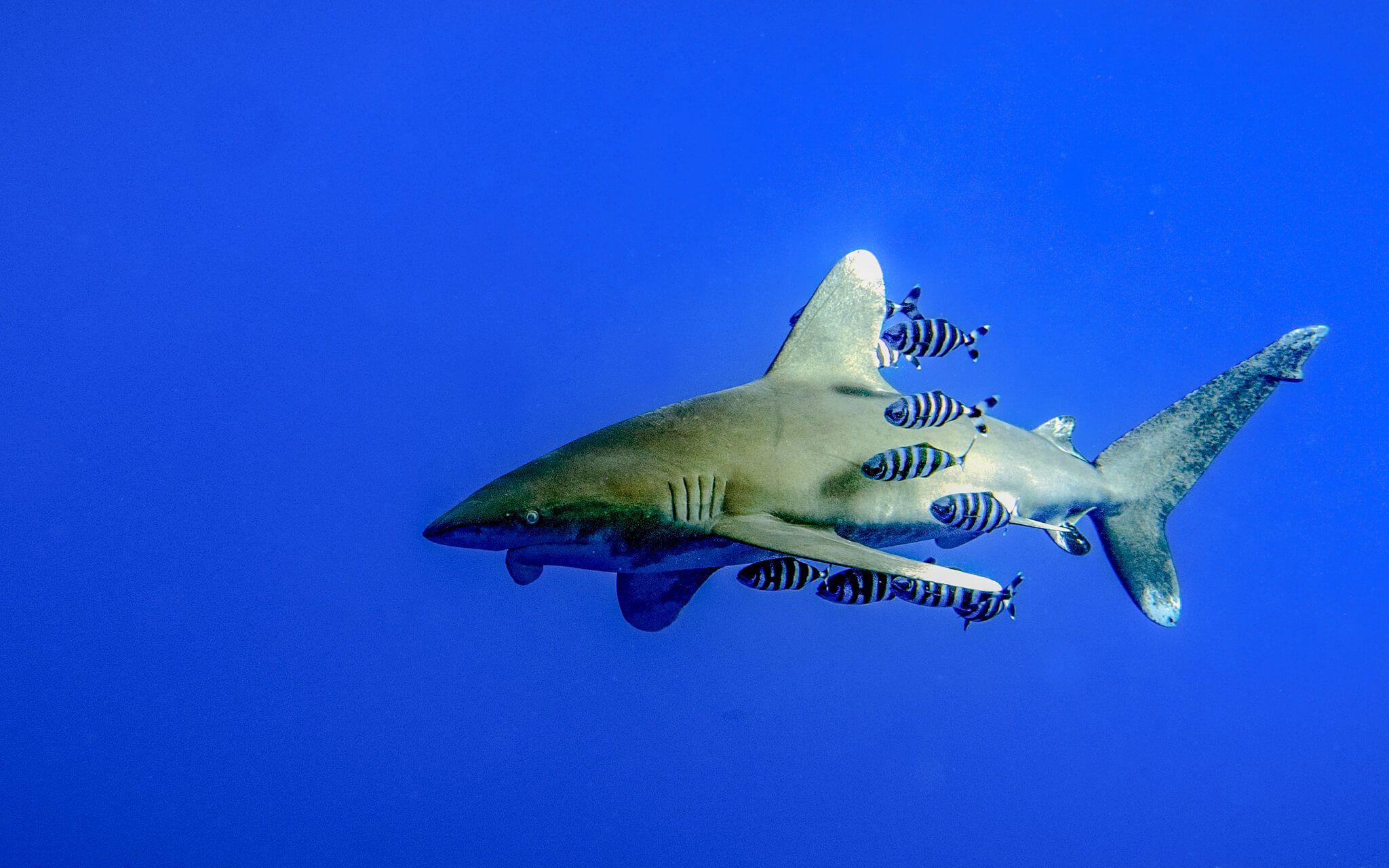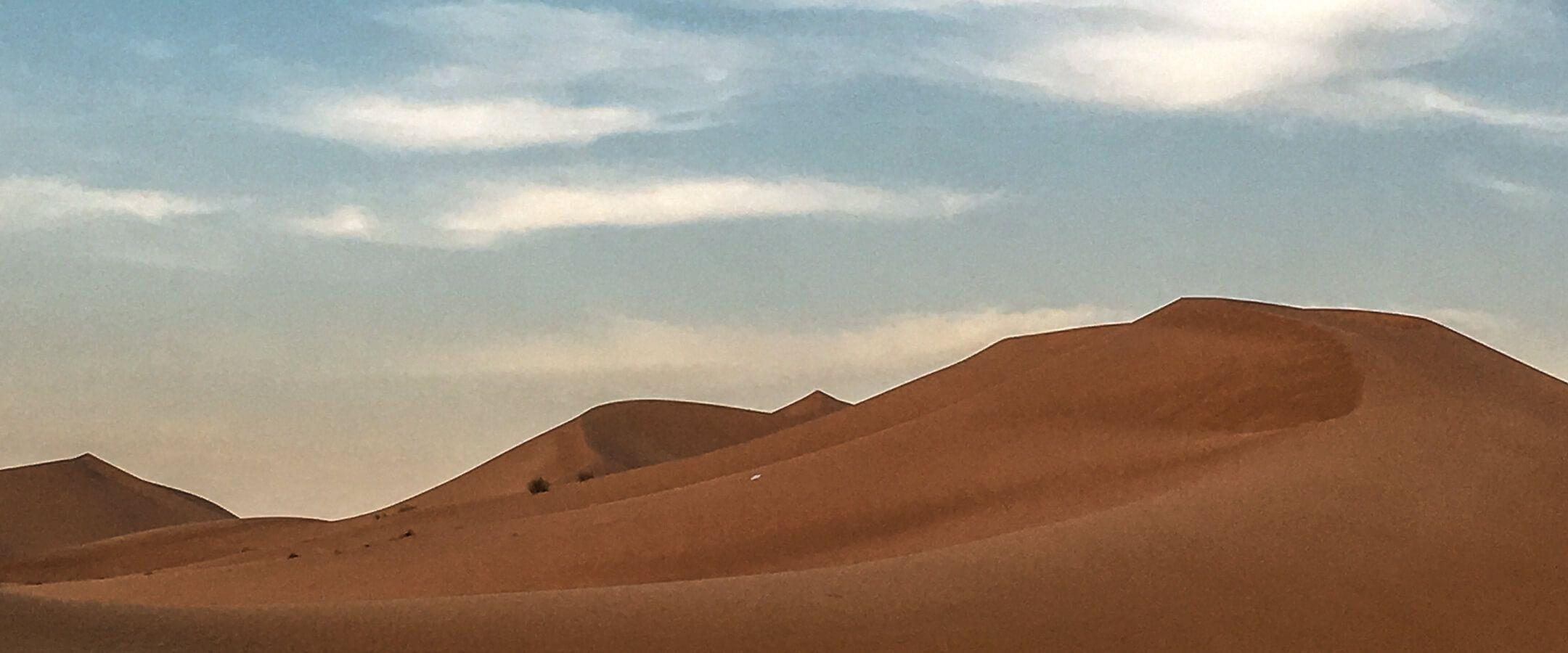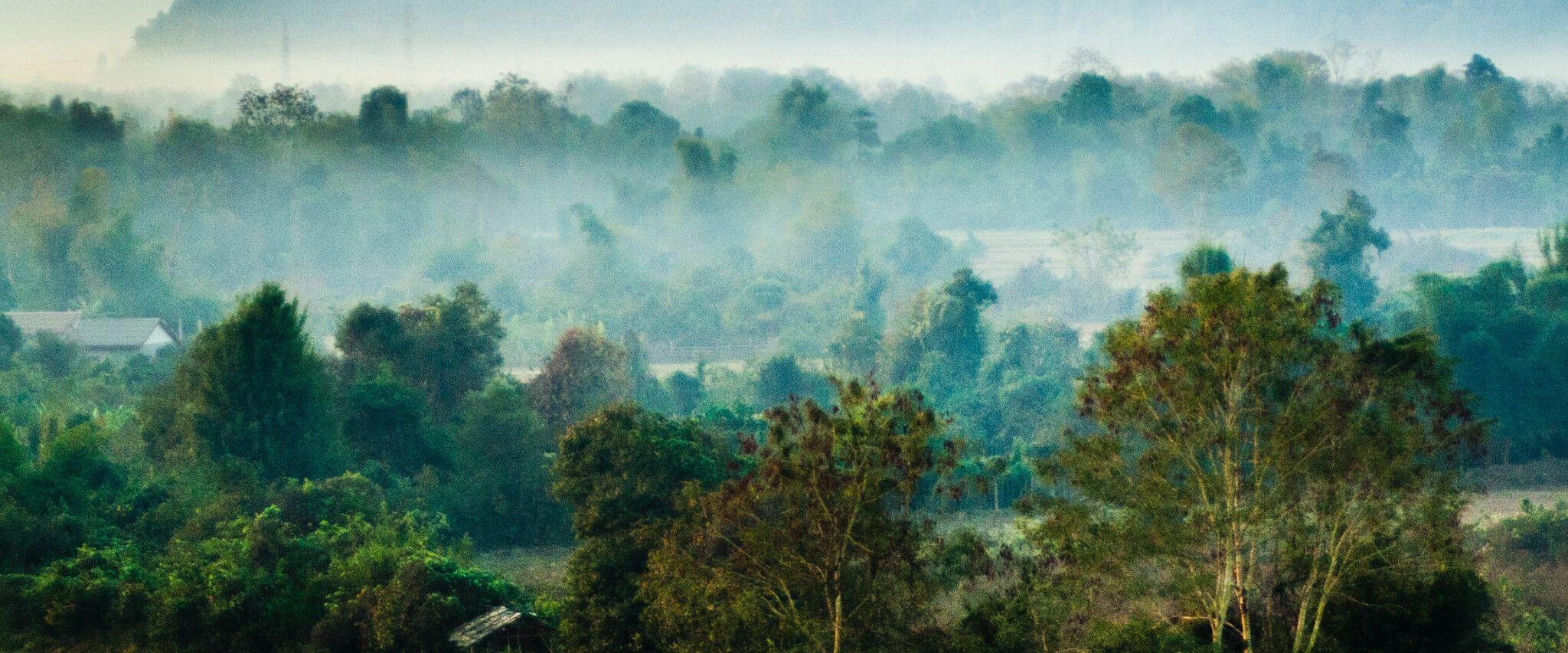Finding a New Ocean Policy
Ajay Sawant has dedicated his life to caring for the ocean. An artist, marine advocate and policy expert, Ajay is on a mission to change the story about the world’s most important resource: our oceans.
Okay, let’s get this straight: I never planned to become an ocean advocate.
As a kid, I loved the beach. The waves felt like friends, always bringing gifts—smooth driftwood, tiny coral fragments, rare shells. I thought of them as little treasures, signs that the ocean and I had a special connection.
Then, one day, the gifts changed. Instead of shells, the ocean started offering me plastic bottles, cigarette lighters, and tangled fishing nets—things that had no business being there. It was like a bad plot twist in a movie. This was further aided by a gruesome truth: The very people who enjoyed the beach, who laughed as the waves touched their feet and took photos of the sunset, were the same ones littering it. I couldn't wrap my head around it.
At first, I didn’t know what to do, but I knew I couldn’t ignore it. So, I started collecting plastic like I once collected shells. But something about just removing waste felt incomplete—like I was wiping a whiteboard without fixing the marker that kept staining it. I needed to do more. So, instead of admiring it, I turned it into art, arranging bottle caps and wrappers into visual messages about pollution. And that’s when strangers started joining in.
Some stopped to talk, some helped out, and one particularly enthusiastic person gave me my first real push: "You should submit this to Bow Seat Ocean Awareness Programs!"
Bow Seat runs an Annual Ocean Awareness Contest that celebrates art, poetry, and activism. Given my love for all three, I thought, Easy win, right? It sounded perfect.
So, I entered the first year. And I failed.
Then I entered again. Failed.
And again. Failed.
Three years in a row. You’d think I would’ve taken the hint, but instead of quitting, I got more involved. Luckily, I was selected for the Future Blue Youth Council (FBYC): Bow Seat’s leadership program.
My mentor, Linda Cabot, the founder of Bow Seat, helped me understand something crucial: marine conservation isn’t just about science; it’s about storytelling, about how we bring people together for the cause.
By the time my term with Bow Seat ended, I had learned a crucial fact: The ocean has a communication problem. People care about climate change, but most don’t realise how deeply it depends on the ocean. The ocean is our greatest ally in mitigating climate change: better than trees, better than electric vehicles, yet it remains overlooked.
And then came the next question: What do I do with this knowledge?
By the time my term with Bow Seat ended, I had learned a crucial fact: The ocean has a communication problem. People care about climate change, but most don’t realise how deeply it depends on the ocean.
I wanted to deepen my understanding of conservation beyond awareness. That’s when I got involved in my first global literacy project, working on the ‘Youth Ocean Action Toolkit’ for Marine Protected Areas (MPAs).
Working on MPAs taught me that conservation isn’t just about planting trees or saving turtles. It’s about understanding how local communities, political systems, and economic interests interact. There is no one-size-fits-all approach—what works in the Caribbean might fail in South Asia. There is no universal blueprint for conservation. It’s not just about declaring a marine protected area; it’s about ensuring it works for the people who depend on the ocean for their livelihoods.
This is also where I learned one of the most important lessons in conservation:
Empowering communities to take action for themselves is more effective than trying to “save” them. Conservation isn’t about being a hero; it’s about giving people the tools and support to protect their own ecosystems.
At every stage of my journey, one thing remained constant: mentorship.
From Bow Seat, EarthEcho, and High Seas Alliance to the conservationists at World Ocean Day, the people who took the time to guide me changed my entire perspective.
That’s also why I believe if we want a strong, diverse movement, we need to invest in mentorship and leadership programs. We need to support each other– young researchers, artists, and activists who might just be one conversation away from changing the world.
Billions of years ago, the first living organisms emerged from the sea, setting the stage for every creature that followed. So whether you live in a landlocked area or by the coast, the ocean is a part of you.
If you take away one thing from my story, let it be this: You don’t need to be a scientist, policymaker, or billionaire to make a difference.
Start where you are:
- Talk about the ocean: The science is there. The urgency is there. What’s missing is the storytelling, the ability to make people care.
- Support ocean conservation efforts: Conservation is about building movements, supporting communities, and making space for more voices.
- Push for policy change: Governments listen when people speak up.
The ocean has given us everything—oxygen, climate stability, food, and inspiration. It’s time we gave back. The more we talk about the ocean, the more we can change.
And I’m not done talking yet.
Most Popular
The Climate Tribe delivers stories about Biodiversity and Conservation, Circular Economy, Food and Water , and how they intersect with climate.
Subscribe
Get the latest stories inspiring climate action around the globe straight to your inbox.






